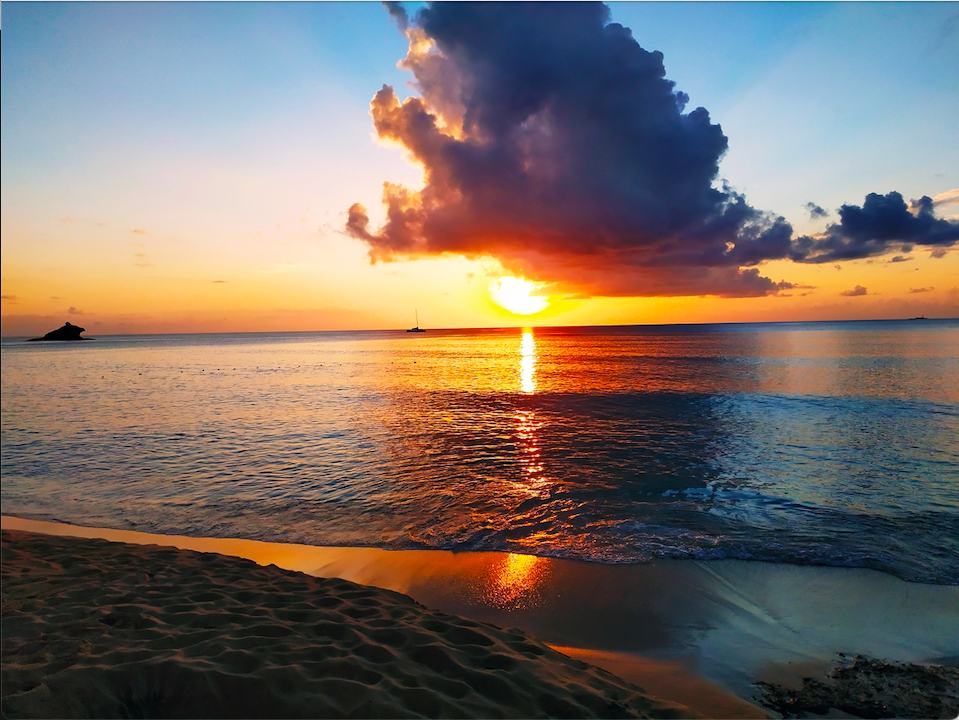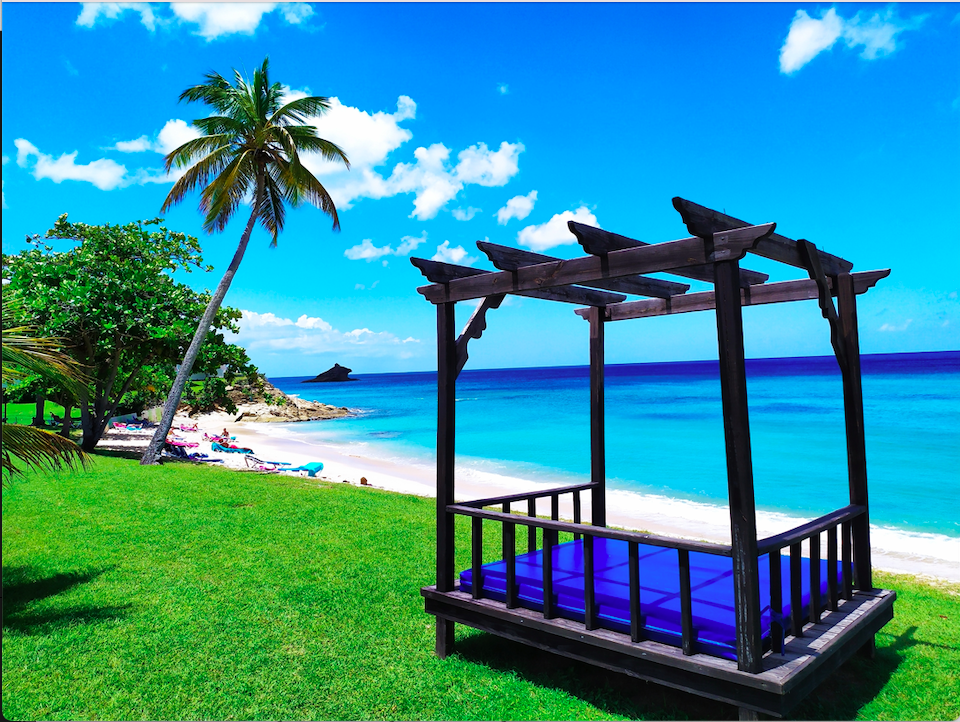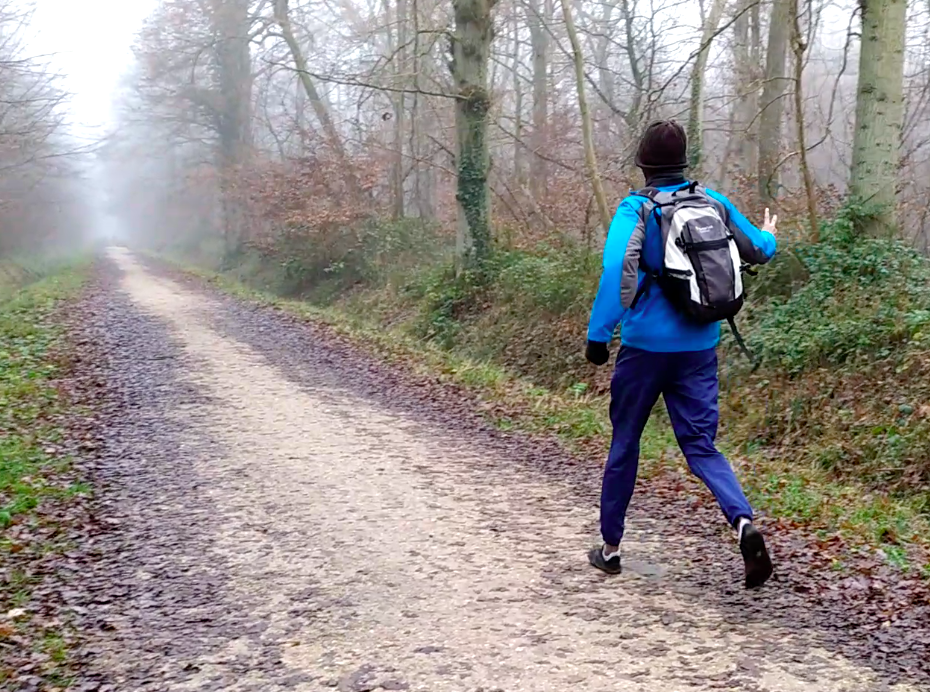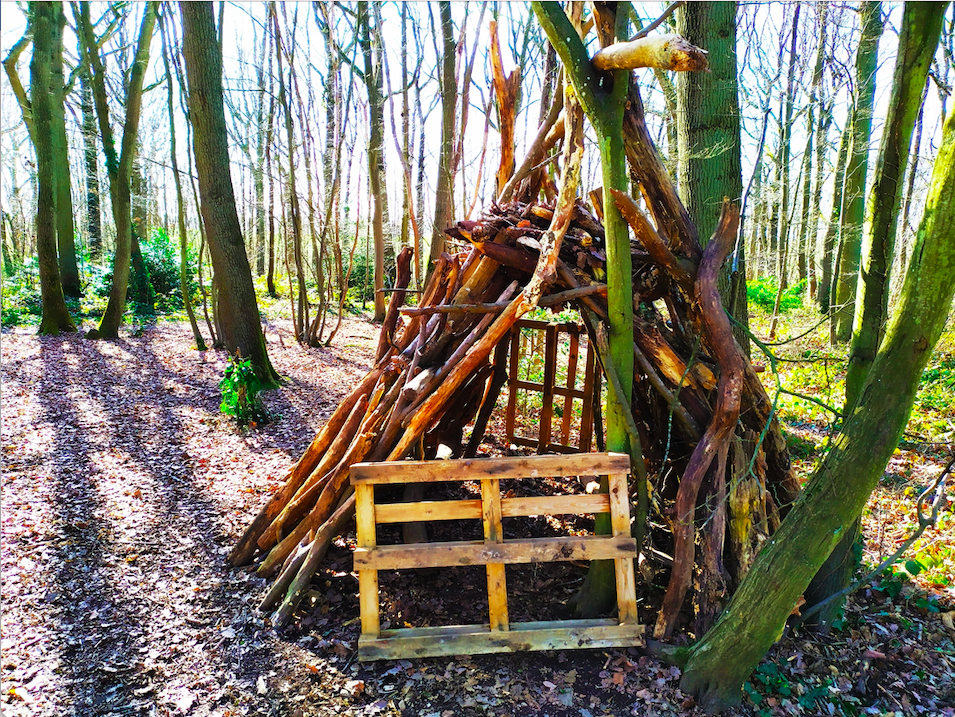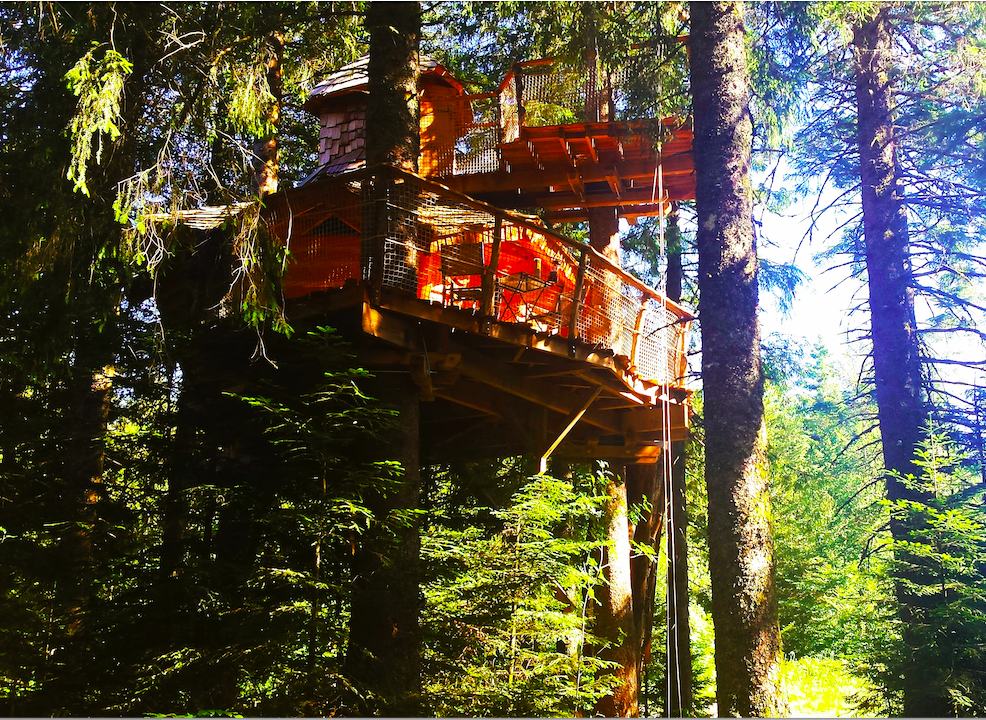The 4 Elements of Health and Well-being
Paris, September 22, 2022
By Dr. Barefoot Sidy Diallo
Intellectual poverty is the worst of all, because it prevents us from understanding the real causes of our illnesses and our physical and mental suffering, and therefore from benefiting from the right preventive and curative remedies.
Humans are born to be happy, but billions end up enduring depression because of their location or the consequences of their lifestyle. The good news is that adapting our lifestyle to our biology will prevent, for free, not only the depression, but also many other diseases, including obesity, high blood pressure, diabetes, infertility and dementia.
As I explain in the book Running Barefoot for Human Survival, the four elements of human bliss are natural habitat, natural environment, long-distance running (persistence hunting or marathon) and natural procreation, which means that billions of humans are depressed because of their location or the consequences of their lifestyle.
For instance, while procreation is possible everywhere on the planet—even though infertility keeps rising, particularly in North America, Western Europe, Australia, etc., whose sterile nationals are increasingly and desperately resorting to artificial procreation or even questionable adoption of babies from other countries—, Homo sapiens’ natural habitat, that many call “tropical paradise,” is limited to the Earth zone extending from the Tropic of Cancer in the north to the Tropic of Capricorn in the south.
Oddly enough, although humans left the trees over 6 million years ago, tree houses are increasingly gaining popularity. I made therefore a detour in Central France in July 2016 on my way back from the Andorra Marathon to see how tree houses look like, and I met the happiest couple I had ever seen: they were heading to a tree house they had booked for a few nights. “Are you also checking in?” they asked me. —“No, just visiting for maybe next year,” I replied.
I smiled wondering what apes might think, if they see humans sleeping and mating, like them, on trees. The same year, I came across a hut built with dead wood in a small forest near my home. There are meanwhile at least seven of them in the middle of the woods, and their number keeps increasing—I discovered the last one during my eighth Piss Off Marathon.
That begs at least five crucial questions many don’t ask:
Why are some humans returning to mate on trees?
Why people whose ancestors left tropical Africa tens of thousands years ago are building those primitive dwellings near Paris, although they are uninhabitable, especially during the cold temperatures?
Why so many North Americans and Europeans need a winter break in tropical destinations?
Why do people feel much happier in parks, in the woods, on a beach, etc., than in their comfortable homes?
And what’s the reason for the increasing popularity of both long-distance and barefoot running?
The natural habitat of an animal species is the natural environment in which it normally lives, that is without any need for physical protection or transformation of the environment to make it habitable. In other words, it’s the place in nature that the species calls home.
Different species have over time adapted to different natural habitats on which they rely for food, a place to mate, and a place to raise their offspring. Temperature and precipitation are among the driving factors of a natural habitat. Different species call different habitats (forests, trees, savannas, deserts, ponds, streams, rivers, lakes, oceans, etc.) in different climate zones their home.
And here’s the crucial point that many are missing: Homo sapiens is a tropical species, and like other animals, humans are meant to live and procreate in a tropical natural environment, not in concrete or steel and glass buildings in cold cities or villages, which explains not only the permanent depressed mood of many North Americans and Europeans—reaching the lowest level in the winter—, but also their deep affection for city parks, when the sun shines and the temperatures rise, and their all-season passion for tropical destinations, which are often irrationally called “tropical paradise” by those living in cold latitudes and by the tourist industry. Guys, the tropics are our natural habitat, not a paradise.
So now you know one of the reasons why many humans, including celebrities and other prominent people, suffer from depression or insomnia, and why they irrepressibly seek artificial comfort and happiness in pills, shots, excess of food, alcohol, tobacco, illegal drugs, virtual or actual violence, brutality, etc. As a result, many are developing comorbidities, which not only compromise their immune systems and the quality of their lives, but also claim yearly the lives of over 41 million, with or without Covid-19.
Money, consumption, fame or power can’t provide genuine or long-lasting happiness. On the contrary, they fuel permanent frustration and dissatisfaction, because the more humans have, the more they need to feel happy.
Fortunately, even humans who are living in an artificial environment and far from the “paradise” can still effectively avert the depressed mood, thanks to the other pillar of happiness: long-distance running—preferably barefoot to prevent pain, injury and fatigue, which is thoroughly explained on this website and in the book.
A final note: it’s never too late to start running, except for those who have already lost the physical ability to do so. I started running at 55 and I’ve completed so far over 400 marathons and ultramarathons.
My book Running Barefoot for Human Survival is available on Amazon in paperback and e-book format (French edition: Courir pieds nus pour sauver les humains).
By Dr. Barefoot Sidy Diallo
Intellectual poverty is the worst of all, because it prevents us from understanding the real causes of our illnesses and our physical and mental suffering, and therefore from benefiting from the right preventive and curative remedies.
Humans are born to be happy, but billions end up enduring depression because of their location or the consequences of their lifestyle. The good news is that adapting our lifestyle to our biology will prevent, for free, not only the depression, but also many other diseases, including obesity, high blood pressure, diabetes, infertility and dementia.
As I explain in the book Running Barefoot for Human Survival, the four elements of human bliss are natural habitat, natural environment, long-distance running (persistence hunting or marathon) and natural procreation, which means that billions of humans are depressed because of their location or the consequences of their lifestyle.
For instance, while procreation is possible everywhere on the planet—even though infertility keeps rising, particularly in North America, Western Europe, Australia, etc., whose sterile nationals are increasingly and desperately resorting to artificial procreation or even questionable adoption of babies from other countries—, Homo sapiens’ natural habitat, that many call “tropical paradise,” is limited to the Earth zone extending from the Tropic of Cancer in the north to the Tropic of Capricorn in the south.
Oddly enough, although humans left the trees over 6 million years ago, tree houses are increasingly gaining popularity. I made therefore a detour in Central France in July 2016 on my way back from the Andorra Marathon to see how tree houses look like, and I met the happiest couple I had ever seen: they were heading to a tree house they had booked for a few nights. “Are you also checking in?” they asked me. —“No, just visiting for maybe next year,” I replied.
I smiled wondering what apes might think, if they see humans sleeping and mating, like them, on trees. The same year, I came across a hut built with dead wood in a small forest near my home. There are meanwhile at least seven of them in the middle of the woods, and their number keeps increasing—I discovered the last one during my eighth Piss Off Marathon.
That begs at least five crucial questions many don’t ask:
Why are some humans returning to mate on trees?
Why people whose ancestors left tropical Africa tens of thousands years ago are building those primitive dwellings near Paris, although they are uninhabitable, especially during the cold temperatures?
Why so many North Americans and Europeans need a winter break in tropical destinations?
Why do people feel much happier in parks, in the woods, on a beach, etc., than in their comfortable homes?
And what’s the reason for the increasing popularity of both long-distance and barefoot running?
The natural habitat of an animal species is the natural environment in which it normally lives, that is without any need for physical protection or transformation of the environment to make it habitable. In other words, it’s the place in nature that the species calls home.
Different species have over time adapted to different natural habitats on which they rely for food, a place to mate, and a place to raise their offspring. Temperature and precipitation are among the driving factors of a natural habitat. Different species call different habitats (forests, trees, savannas, deserts, ponds, streams, rivers, lakes, oceans, etc.) in different climate zones their home.
And here’s the crucial point that many are missing: Homo sapiens is a tropical species, and like other animals, humans are meant to live and procreate in a tropical natural environment, not in concrete or steel and glass buildings in cold cities or villages, which explains not only the permanent depressed mood of many North Americans and Europeans—reaching the lowest level in the winter—, but also their deep affection for city parks, when the sun shines and the temperatures rise, and their all-season passion for tropical destinations, which are often irrationally called “tropical paradise” by those living in cold latitudes and by the tourist industry. Guys, the tropics are our natural habitat, not a paradise.
So now you know one of the reasons why many humans, including celebrities and other prominent people, suffer from depression or insomnia, and why they irrepressibly seek artificial comfort and happiness in pills, shots, excess of food, alcohol, tobacco, illegal drugs, virtual or actual violence, brutality, etc. As a result, many are developing comorbidities, which not only compromise their immune systems and the quality of their lives, but also claim yearly the lives of over 41 million, with or without Covid-19.
Money, consumption, fame or power can’t provide genuine or long-lasting happiness. On the contrary, they fuel permanent frustration and dissatisfaction, because the more humans have, the more they need to feel happy.
Fortunately, even humans who are living in an artificial environment and far from the “paradise” can still effectively avert the depressed mood, thanks to the other pillar of happiness: long-distance running—preferably barefoot to prevent pain, injury and fatigue, which is thoroughly explained on this website and in the book.
A final note: it’s never too late to start running, except for those who have already lost the physical ability to do so. I started running at 55 and I’ve completed so far over 400 marathons and ultramarathons.
My book Running Barefoot for Human Survival is available on Amazon in paperback and e-book format (French edition: Courir pieds nus pour sauver les humains).
